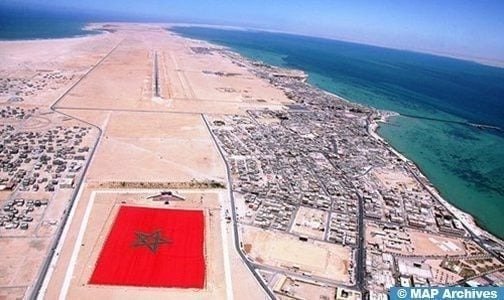history
Dakhla, located in the Western Sahara region of Morocco, has a unique history that spans ancient times, colonial periods, and modern developments, making it a city of historical, political, and cultural significance.
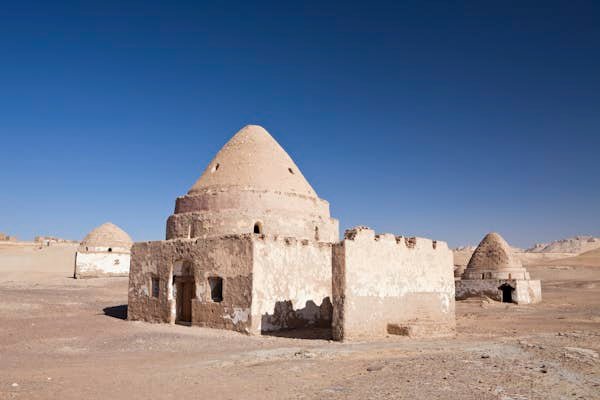
Ancient and Early History
Dakhla’s region was initially inhabited by Berber tribes and later by Arab Bedouins following the spread of Islam in North Africa. Historically, it served as a waypoint for traders and nomads traveling across the Sahara. Its coastal location along the Atlantic made it a natural site for fishing, which remains a significant part of Dakhla’s economy today.
Colonial Era
The modern history of Dakhla began in the late 19th century when European powers began to establish colonial footholds in North Africa. Spain took control of Dakhla in 1884 as part of the larger Spanish Sahara colony. Known then as “Villa Cisneros,” the town became a Spanish administrative and military center. The Spanish built a fortress, a church, and other infrastructure, influencing the local culture and architecture.
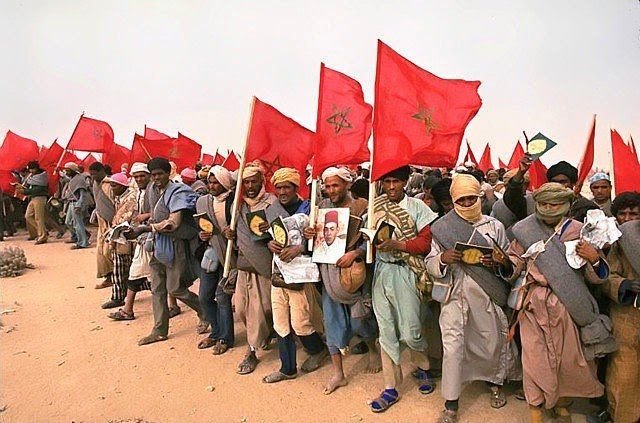
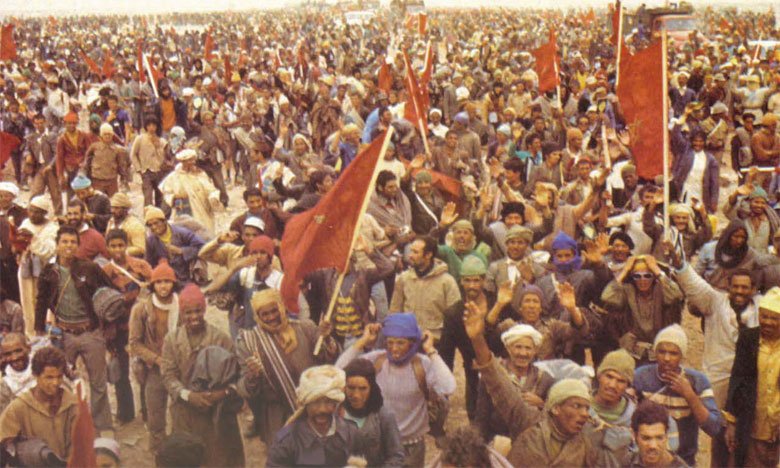
Post-Colonial Struggle and Integration with Morocco
In the mid-20th century, as countries across Africa sought independence, Western Sahara became a point of contention. Spain maintained control until 1975, when pressure from both Morocco and the indigenous Sahrawi population for independence intensified. In 1975, Spain withdrew under the Madrid Accords, ceding administrative control to Morocco and Mauritania. However, this move sparked the Western Sahara conflict, as the Sahrawi independence movement, led by the Polisario Front, opposed Moroccan and Mauritanian claims over the region.
After several years of conflict, Mauritania withdrew its claims, but tensions between Morocco and the Polisario Front continued. To this day, the region’s status remains a matter of international debate. The United Nations has called for a referendum to determine the final status of Western Sahara, though Morocco administers Dakhla as part of its southern provinces.
Modern Development
Under Moroccan administration, Dakhla has undergone significant economic development. Morocco has invested in infrastructure, education, and tourism to integrate Dakhla into the national economy. The city is now known for its vibrant fishing industry, wind and solar energy projects, and, increasingly, as a tourist destination popular for water sports like kitesurfing and windsurfing.
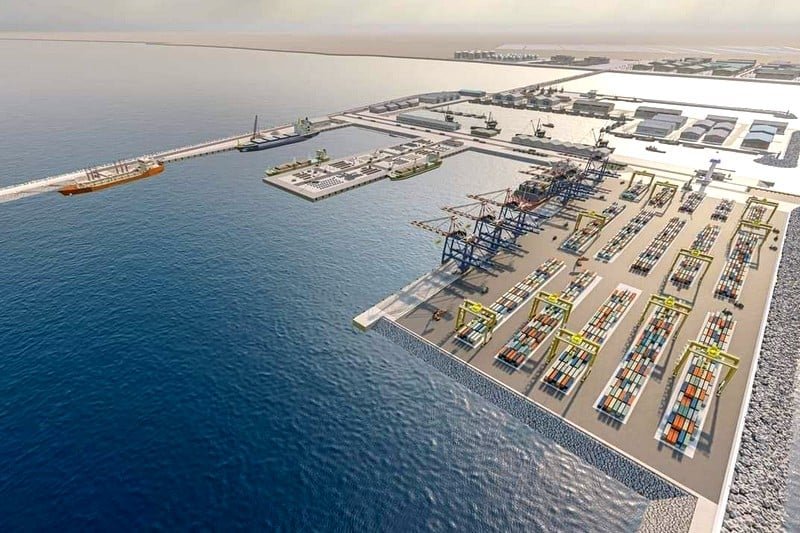
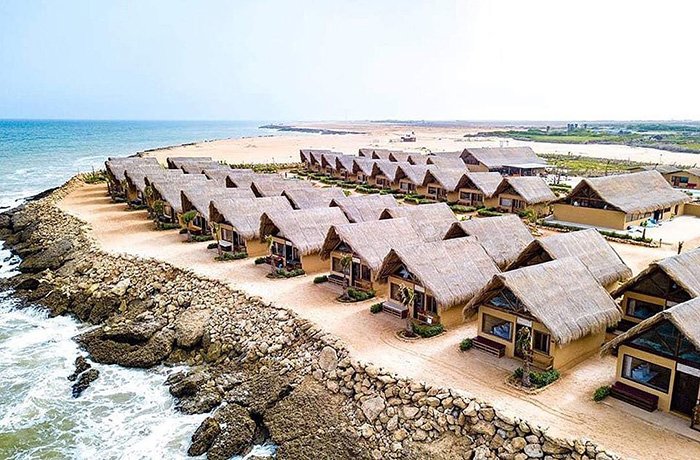
Cultural and Economic Importance
Dakhla is celebrated for its cultural fusion, showcasing a mix of Berber, Arab, Sahrawi, and Spanish influences. The annual Dakhla Festival promotes local traditions and brings international attention to the city. Economically, Dakhla has benefitted from Morocco’s investments in renewable energy and is a key hub for fishing exports.
Tourism and Strategic Importance
With its beautiful landscapes, including sand dunes, lagoons, and the Atlantic coastline, Dakhla attracts eco-tourists and adventurers. The Moroccan government is also positioning Dakhla as a logistical and trade center, strategically linking Morocco to West African markets.
Today, Dakhla stands as a city of unique cultural heritage and strategic significance, emblematic of the broader historical complexities and modern ambitions of Morocco in the region.
